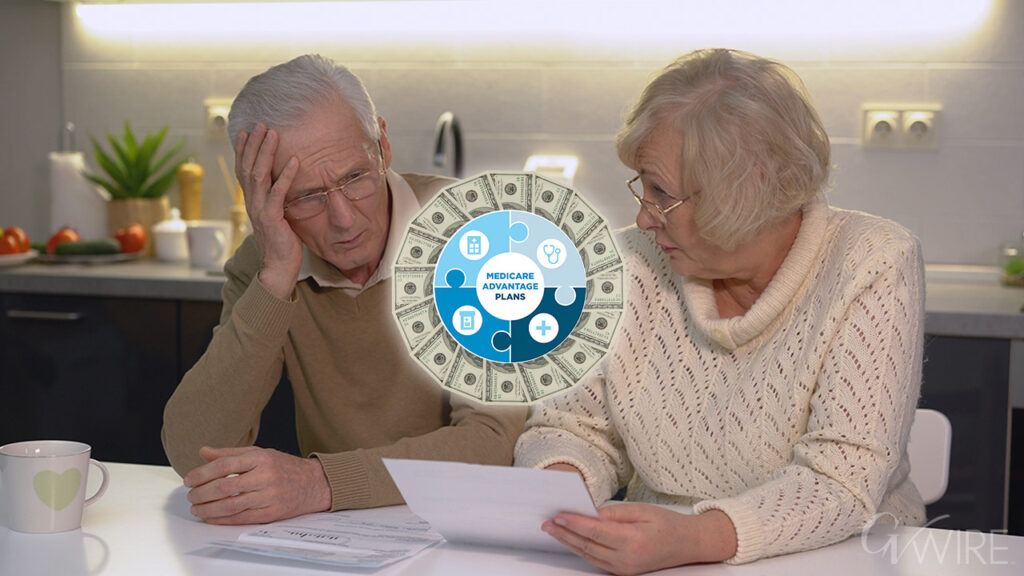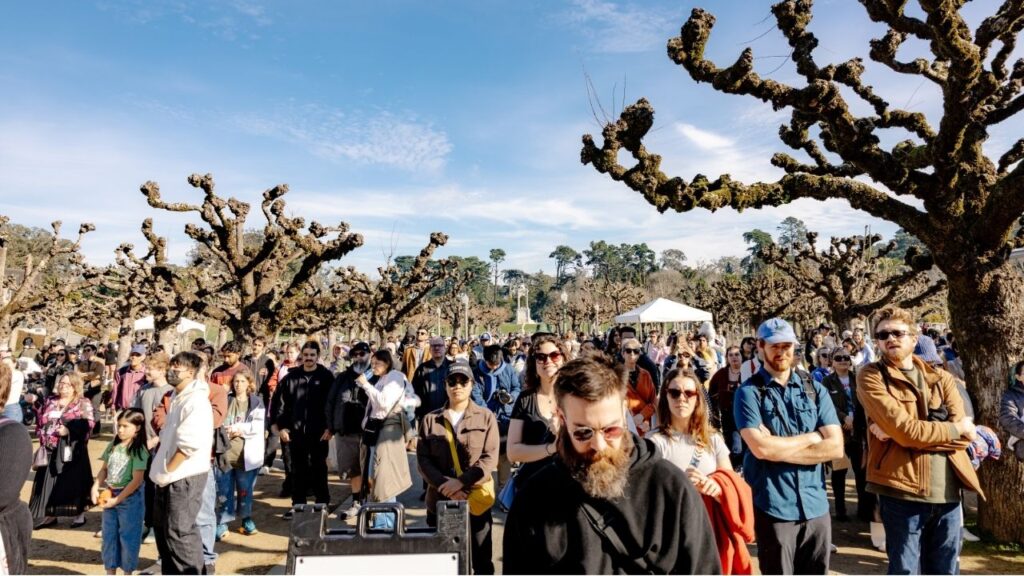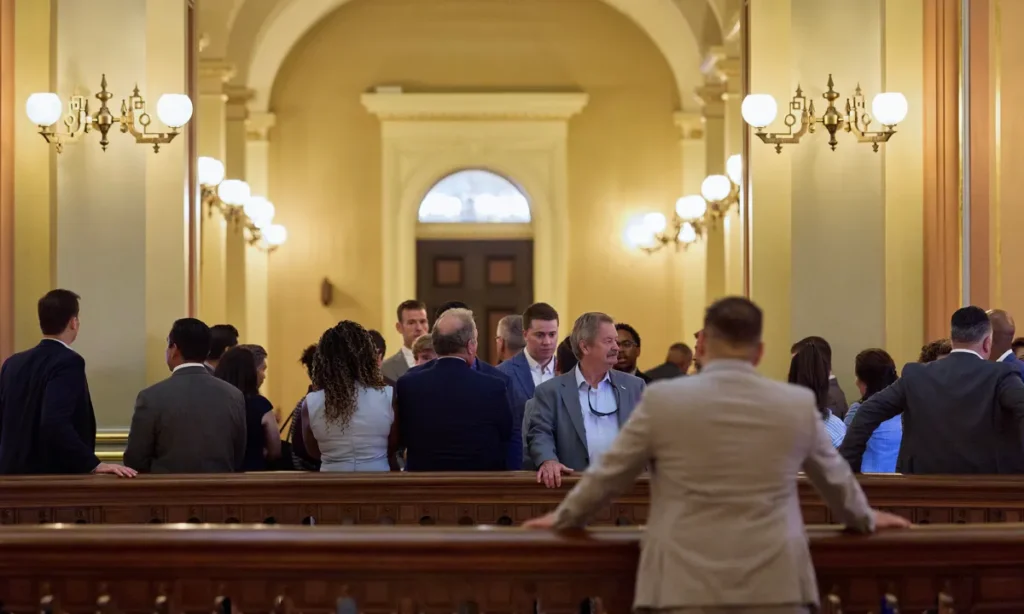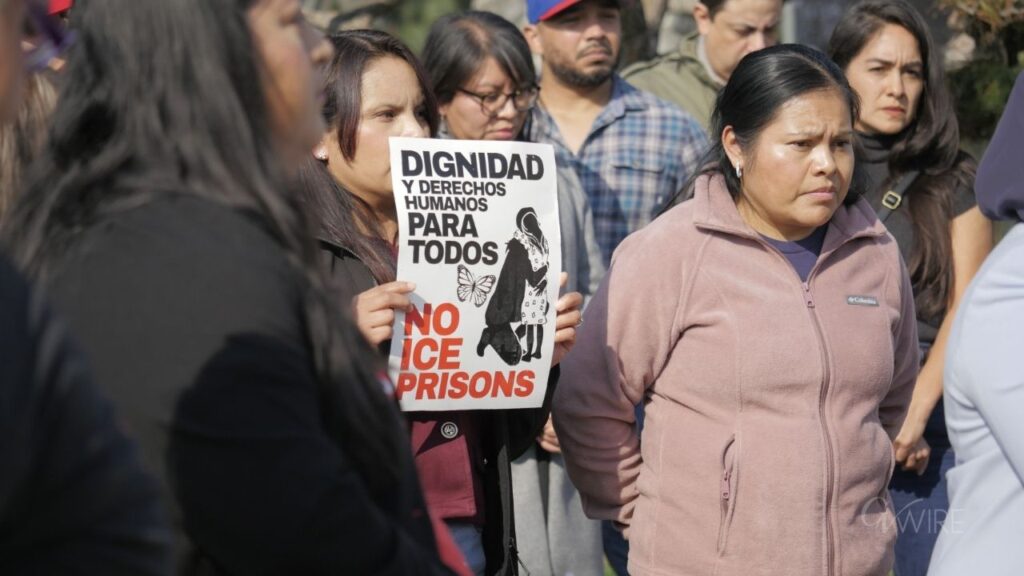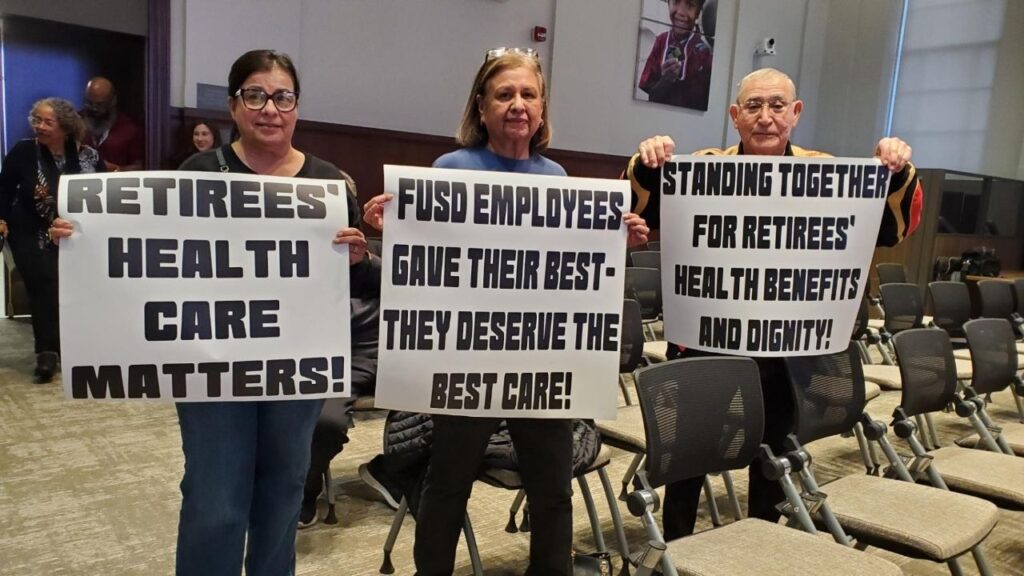You can examine the misconduct records of police officers from nearly 700 California law enforcement agencies through a new online database. (Shutterstock)

- The Police Records Access Project database contains roughly 1.5 million pages of records from 12,000 officer-misconduct and use-of-force cases.
- The database is the first of its kind in the nation and will allow the public to search for particular types of misconduct or uses of force.
- The database also will help police departments to better research potential job candidates and help researchers identify policing trends.
Share
|
Getting your Trinity Audio player ready...
|
This story was originally published by CalMatters. Sign up for their newsletters.
The public can now search internal affairs documents and other police-misconduct records from nearly 700 California law enforcement agencies through a database created by UC Berkeley and Stanford University.
The Police Records Access Project database, which contains roughly 1.5 million pages of records from 12,000 officer-misconduct and use-of-force cases, is being jointly published today by CalMatters, The Los Angeles Times, the San Francisco Chronicle, and KQED.
The database is the first of its kind in the nation and will allow the public to search for particular types of misconduct or uses of force. It will also allow police departments to better research potential job candidates and can help researchers identify policing trends.
“The creation of a public facing database is critical for all of the stakeholders in the criminal legal system: whether public defenders, innocence organizations, prosecutors, police departments or academics,” said Barry Scheck, co-founder of the Innocence Project and a professor at Yeshiva University‘s Benjamin N. Cardozo School of Law.
You can access the database at this link.
Seven Years in the Making
The database took seven years to produce. It was compiled by journalists, data scientists, lawyers and civil liberties advocates working with the Berkeley Institute for Data Science, UC Berkeley Journalism’s Investigative Reporting Program and Stanford University’s Big Local News.
The ACLU Foundation of Southern California, California Innocence Coalition, the National Association of Criminal Defense Lawyers, UC Irvine law school’s Press Freedom Project and UC Berkeley law school’s Criminal Law & Justice Center also collaborated on the project.
The project began after California legislators approved a series of laws aimed at improving law-enforcement transparency. Senate Bill 1421, approved in 2018, and SB 16, approved in 2021, granted public access to use-of-force and other misconduct records.
However until now, those records were only available by filing a specific request to an individual agency.
“This living database makes the transparency and accountability aims of SB 1421 a reality,” said Tiffany Bailey, senior staff attorney at the ACLU Foundation of Southern California, which will contribute an additional 200,000 records to the database from its own efforts to obtain public records.
“Critically, families who have lost loved ones in California will now have direct access to the information they need to seek meaningful accountability that has too often been denied.”
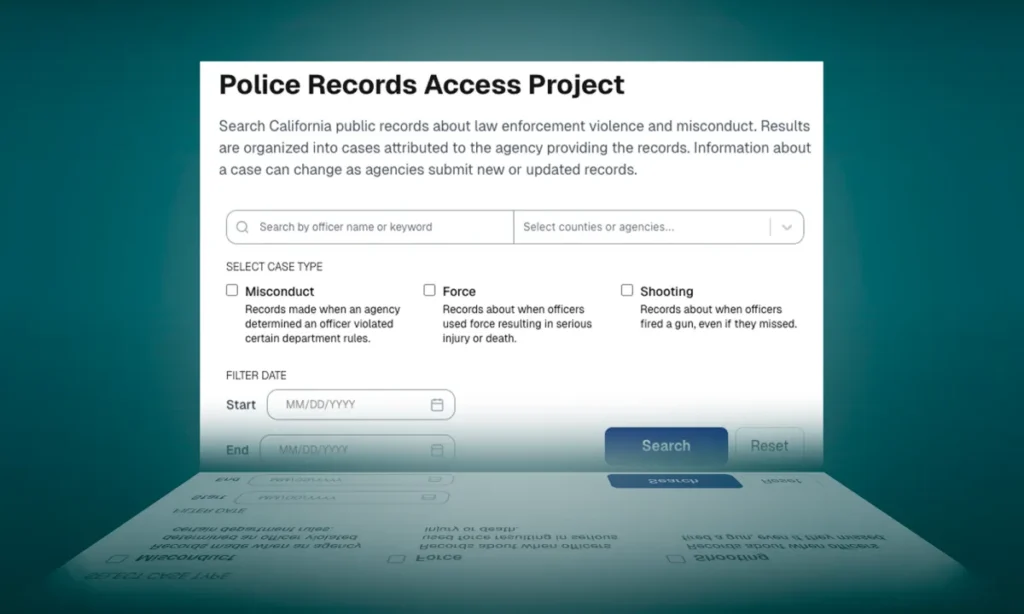
Redacted Information
The documents in the database were released by law enforcement agencies, district attorneys offices and other organizations and were redacted in compliance with California’s public records laws. The database does not include crime scene photographs, audio recordings or videos.
Police Records Access Project team members further redacted personal information about sexual assault and domestic violence victims.
The team used emerging technologies such as generative AI to collect, organize and vet the records and build the database.
Money for the project came from the state, with additional funding from the Sony Foundation and Roc Nation.
This article was originally published on CalMatters and was republished under the Creative Commons Attribution-NonCommercial-NoDerivatives license.








